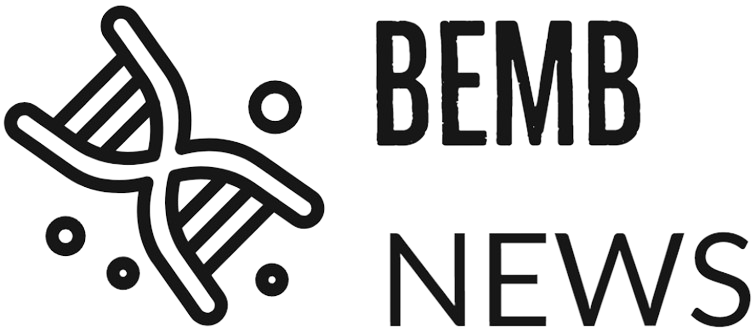Humanity stands on the brink of an era where we may wield the power to sculpt our genetic destiny. In the realm of biotechnology, the notion of ‘designer babies’ has emerged as one of the most controversial yet intriguing concepts. This term refers to children genetically engineered in vitro for specially selected traits, from disease prevention to enhancement of physical and cognitive abilities.
The Unfolding Realm of Genetic Modification
At the heart of this scientific revolution is a technique known as CRISPR-Cas9, a breakthrough technology that enables precise editing of genes within organisms. This method allows for the addition, removal, or alteration of genetic material within a genome. By identifying the gene that a scientist wishes to modify, CRISPR-Cas9 technology can edit it, followed by reinsertion into the embryo’s cells.
Envisioning the Designer Baby
The capacity to customize our offspring’s genes opens a Pandora’s box of possibilities. Medical scientists aim to eradicate inherited genetic diseases like cystic fibrosis or Huntington’s disease, forever altering the fate of countless families. Yet, the opportunities extend beyond disease prevention. Scientists could modify genes related to physical traits, influencing future generations’ appearance. Perhaps the most controversial aspect is the potential modification of genes related to intellectual abilities, leading us to question the moral boundaries of such technology.
A Moral Labyrinth: The Ethical Implications
As alluring as these advancements may seem, they harbor profound ethical implications that challenge our societal and moral norms. Critics argue that we risk ‘playing God,’ intervening with nature’s course to an unsettling degree. The potential to widen socio-economic divides also arises, where genetic modifications could become a privilege of the wealthy, creating a genetically enhanced elite. Furthermore, the unpredictability of long-term effects, both at the individual and societal levels, raises significant concerns about unforeseen consequences.
Towards a Guided Path: Regulations and Governance
Given the profound ethical implications of this technology, there’s a pressing need for stringent regulations and guidelines. Experts are advocating for restrictions on the use of genetic modification, limiting it to preventing serious diseases. They also emphasize the necessity of complete transparency about potential risks and benefits to parents and ensuring that parents give their informed consent before any genetic modifications are performed.
Journeying into the Future: The Unchartered Path Ahead
As we venture deeper into the genetic frontier, the ethical implications of ‘designer babies’ require us to maintain a delicate balance. While the elimination of genetic diseases represents an enormous stride in human health, the potential for misuse of such powerful technology necessitates caution and restraint. The journey ahead calls for a thoughtful societal discourse, steering the ship of innovation without compromising our ethical compass.

